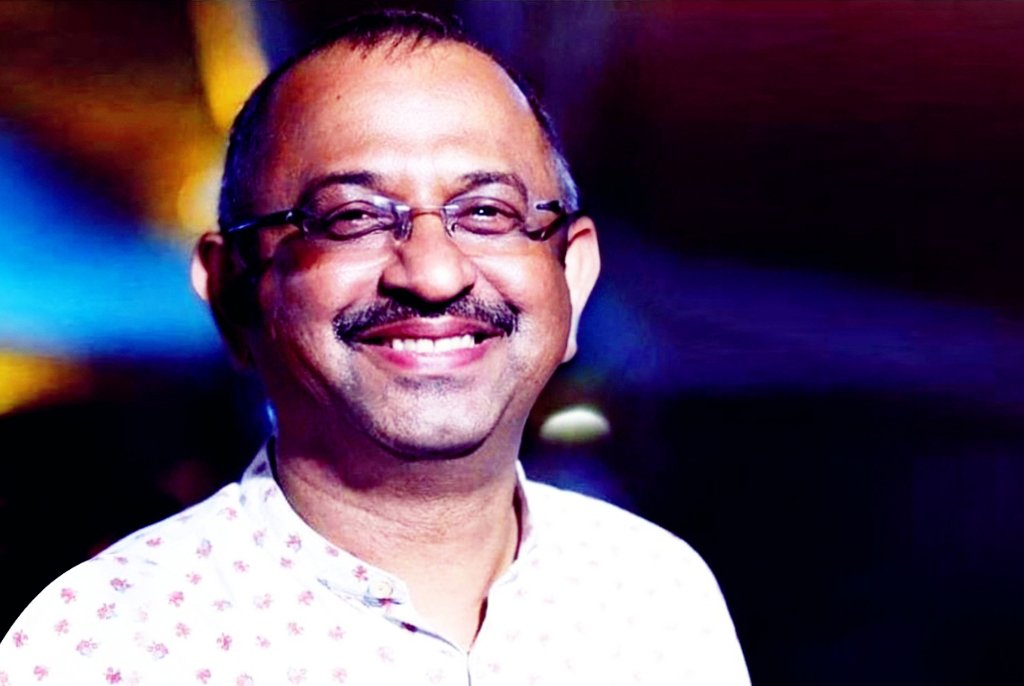Freedom of expression is a fundamental right in any democracy. However, recent actions by the Kerala Police against journalist Vinu V. John have raised serious concerns. This blog post will analyze these events, their implications, and the broader political context.
Who is Vinu V. John?
Vinu V. John is a respected journalist and Associate Editor of Asianet News Network. He has been vocal about political issues, often questioning the ruling party’s actions.
On March 28, 2022, the Kerala Police issued a notice to question him. The notice was reportedly linked to his critical remarks about CITU leader MP Elamaram Karim. This action led to public outcry and debate on press freedom in India.
The Kerala Police’s Notice and Its Conditions
The notice asked Vinu V. John to appear at the Thiruvananthapuram Cantonment Police Station. It contained strict conditions, including prohibitions on destroying evidence and influencing witnesses. The police warned that failure to comply could lead to his arrest.
Examining the Double Standards of CPM
The Communist Party of India (Marxist), or CPM, has long claimed to support freedom of expression. However, their silence on this issue raises questions about their stance. The party has criticized similar actions by central authorities but remains quiet when their government is involved.
The CPM Leadership’s Silence
CPM General Secretary Sitaram Yechury refused to comment on the Kerala Police’s action. This silence suggests a selective approach to free speech. It highlights how political interests influence their stance on press freedom.
Is India Becoming an Authoritarian Regime?
This incident adds to growing concerns about India’s global image. Critics argue that India’s government is increasingly hostile toward independent journalists. Actions like this strengthen the perception of authoritarian tendencies.
Violence During the Trade Union Strike
The Kerala government faced further criticism during a trade union strike on March 25, 2022. Police allegedly used tear gas and lathi charges on protesters. Several workers sustained injuries, adding to fears of state oppression.
The Police Case Against Vinu V. John
The police case against Vinu V. John sets a dangerous precedent. It signals that journalists critical of the government may face legal action. This development could discourage independent reporting.
The Impact on Journalism in Kerala
The notice to Vinu V. John creates an atmosphere of fear among journalists. It sends a message that dissenting voices will not be tolerated. This could lead to self-censorship and reduced investigative reporting.
International Reactions and Concerns
Human rights organizations have taken notice of the incident. Global media watchdogs are now questioning India’s commitment to press freedom. This situation damages India’s democratic reputation internationally.
Sitaram Yechury’s Response and Political Implications
Sitaram Yechury’s refusal to comment raises serious concerns. As a leader of a party that claims to support press freedom, his silence is telling. It suggests that political considerations outweigh principles.
Media’s Role in Exposing Government Actions
Despite government pressure, Indian media continues to report on such incidents. Outlets like Asianet News have criticized the move against Vinu V. John. Their coverage keeps the conversation on press freedom alive.
Broader Implications for Freedom of Expression
This incident is part of a larger trend of media suppression. Journalists face increasing legal threats and harassment. The government’s actions indicate a growing intolerance toward criticism.
Why This Incident Matters
Freedom of expression is crucial for democracy. When journalists face intimidation, the public loses access to unbiased information. This affects the entire nation, not just the media industry.
The Role of Public Support
Public pressure can play a key role in defending press freedom. Citizens must demand accountability from their leaders. A free press benefits society by keeping the government in check.
The Future of Press Freedom in India
India’s ranking in press freedom indexes has declined. Incidents like this will further damage the country’s reputation. The government must take steps to protect journalists rather than silence them.
What Needs to Change?
- The government must ensure journalists can work without fear.
- Political parties should uphold press freedom, regardless of affiliation.
- The media and civil society must unite against attempts to stifle free speech.
Conclusion
The notice issued to Vinu V. John is a stark reminder of the fragile state of free speech in India. It raises serious concerns about government overreach and political double standards. To preserve democracy, India must protect its journalists and uphold freedom of expression. The nation’s future depends on it.



